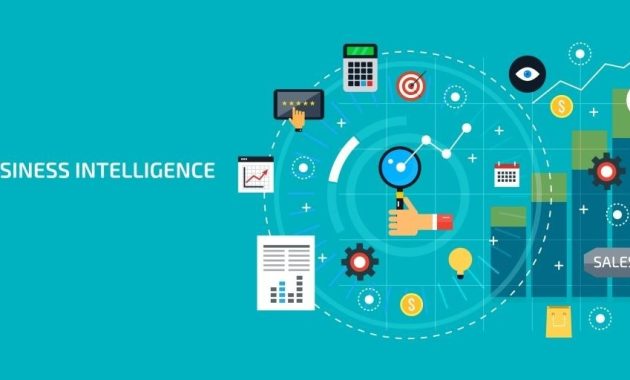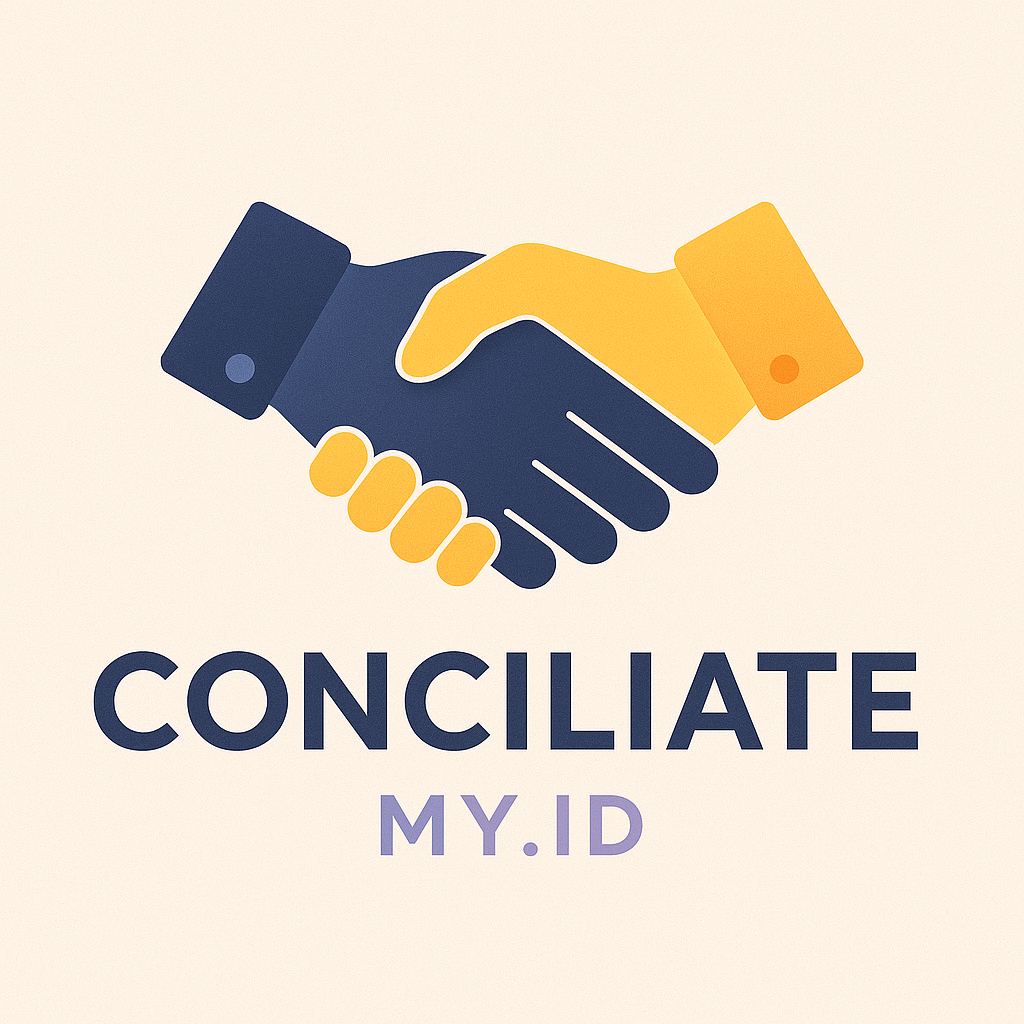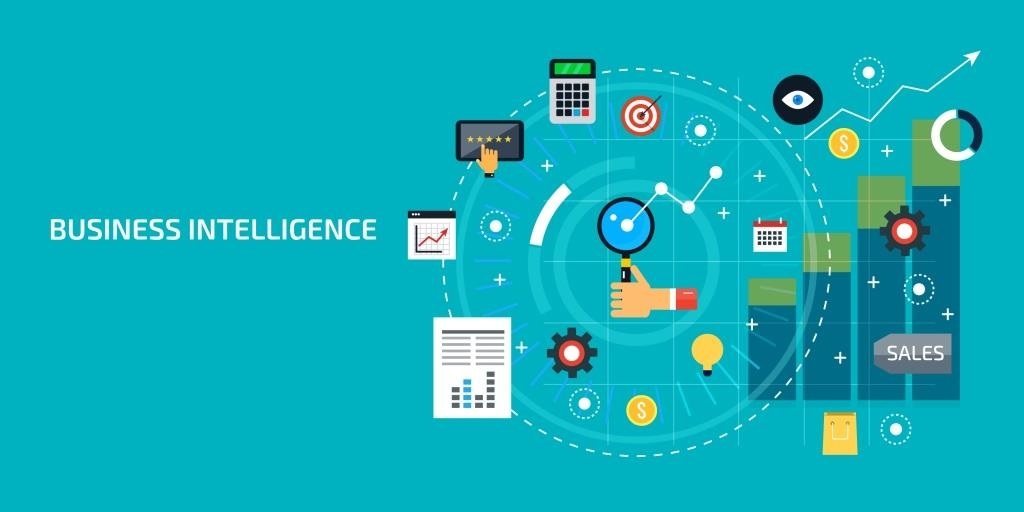
Discover Business Intelligence Software for Retention in 2025: Strategies and Solutions
In the ever-evolving business landscape, retaining customers is paramount. The cost of acquiring new customers often outweighs the expense of retaining existing ones. As we approach 2025, the utilization of Business Intelligence (BI) software for customer retention is no longer a luxury. It’s a necessity. This article delves into the power of BI software, exploring its applications, benefits, and the strategies businesses can employ to boost customer retention rates.
Understanding the Role of Business Intelligence
Business Intelligence software transforms raw data into actionable insights. It empowers businesses to make data-driven decisions, optimize operations, and gain a competitive edge. In the context of customer retention, BI tools provide a comprehensive view of customer behavior. They analyze customer interactions, purchase history, and feedback to identify patterns and trends. This understanding allows businesses to proactively address customer needs and predict potential churn.
Key Features of BI Software for Retention
Effective BI software for customer retention offers a range of critical features:
- Customer Segmentation: Grouping customers based on shared characteristics, such as demographics, purchase behavior, and engagement levels.
- Churn Prediction: Using predictive analytics to identify customers at high risk of churning.
- Customer Lifetime Value (CLTV) Analysis: Estimating the total revenue a customer is expected to generate throughout their relationship with the business.
- Personalized Recommendations: Providing tailored product or service recommendations based on individual customer preferences.
- Sentiment Analysis: Analyzing customer feedback and reviews to gauge their satisfaction levels.
- Real-time Dashboards: Monitoring key retention metrics in real-time, enabling quick responses to emerging issues.
How BI Software Improves Customer Retention
BI software empowers businesses to retain customers through several key mechanisms:
- Identifying At-Risk Customers: By analyzing customer data, BI tools can pinpoint customers showing signs of dissatisfaction or disengagement. This allows businesses to intervene with targeted offers, proactive support, or personalized communication.
- Personalizing the Customer Experience: BI software enables businesses to understand individual customer preferences and tailor their interactions accordingly. This includes personalized product recommendations, targeted marketing campaigns, and customized customer service.
- Improving Customer Service: BI tools can provide customer service representatives with a 360-degree view of each customer, including their purchase history, previous interactions, and outstanding issues. This allows for more efficient and effective problem-solving.
- Optimizing Marketing Efforts: BI software helps businesses understand which marketing campaigns are most effective in retaining customers. This allows for more efficient allocation of marketing resources.
- Measuring and Tracking Retention Metrics: BI tools provide a centralized platform for tracking key retention metrics, such as churn rate, customer lifetime value, and customer satisfaction scores. This allows businesses to monitor their progress and identify areas for improvement.
Selecting the Right BI Software for Retention in 2025
Choosing the right BI software is crucial for maximizing its impact on customer retention. Consider the following factors:
- Integration Capabilities: The software should seamlessly integrate with your existing CRM, marketing automation, and customer service platforms.
- Data Visualization: The software should offer intuitive dashboards and reporting capabilities that make it easy to understand complex data.
- Scalability: The software should be able to handle your current data volume and scale as your business grows.
- Ease of Use: The software should be user-friendly and require minimal training for your team.
- Predictive Analytics: The software should offer robust predictive analytics capabilities to identify at-risk customers and predict future trends.
- Customer Support: The vendor should provide excellent customer support and training to help you get the most out of the software.
Strategies for Effective BI Implementation
Implementing BI software effectively requires a well-defined strategy:
- Define Clear Objectives: Clearly define your retention goals and how you plan to use BI software to achieve them.
- Gather and Prepare Data: Ensure your data is accurate, complete, and properly formatted for analysis.
- Choose the Right Metrics: Identify the key retention metrics that are most relevant to your business.
- Train Your Team: Provide adequate training to your team on how to use the BI software and interpret the data.
- Monitor and Optimize: Continuously monitor your retention metrics and make adjustments to your strategies as needed.
Real-World Examples of BI in Action
Several businesses are successfully using BI software to improve customer retention:
- E-commerce Retailers: Using BI to personalize product recommendations, identify at-risk customers, and improve customer service.
- Subscription Services: Using BI to analyze churn rates, identify reasons for cancellation, and develop targeted retention campaigns.
- Financial Institutions: Using BI to identify customers at risk of closing their accounts and offer incentives to stay.
The Future of BI and Customer Retention
As we move towards 2025, the role of BI software in customer retention will continue to grow. With advancements in artificial intelligence (AI) and machine learning (ML), BI tools will become even more sophisticated. They will offer more accurate churn predictions, more personalized customer experiences, and more efficient customer service. Businesses that embrace BI software and prioritize customer retention will be best positioned to thrive in the competitive landscape.
The continued innovation in BI software is poised to transform customer retention strategies. The ability to analyze massive datasets, predict customer behavior, and personalize interactions will become increasingly critical. Businesses must understand how to leverage these tools to maintain a loyal customer base. This is key for sustained success in the years to come. Discovering and implementing the right Business Intelligence software for retention is a strategic imperative.
The power of Business Intelligence software for retention in 2025 is undeniable. It provides valuable insights into customer behavior. It allows businesses to predict churn, personalize experiences, and optimize marketing efforts. By embracing BI, businesses can build stronger customer relationships and drive sustainable growth. Investing in the right BI solution is a forward-thinking move. It sets the stage for success in the competitive market.
The importance of customer retention cannot be overstated. It is a crucial driver of profitability and long-term business success. Business Intelligence software provides the necessary tools and insights. These tools enable businesses to build stronger relationships with their customers. They also help foster loyalty and drive sustainable growth. The future of customer retention is intertwined with the advancements in BI technology.
Understanding and utilizing Business Intelligence software for retention in 2025 is essential. It is about adapting to the evolving needs of customers. It’s about using data to make informed decisions. It is also about building lasting relationships that drive business success. The strategic implementation of BI software will be a key differentiator. It will set apart successful businesses from those that struggle to retain their customer base.
The strategic use of Business Intelligence software for retention is crucial. It is a critical factor in achieving sustainable business growth. It is not just about acquiring new customers. It’s about retaining the ones you already have. The ability to understand customer behavior is paramount. This understanding is achieved through the power of data analytics.
The future of customer retention in 2025 is directly linked to the adoption of Business Intelligence software. Businesses that leverage BI will gain a significant competitive advantage. They will understand their customers better. They will anticipate their needs. They will also deliver personalized experiences. This proactive approach to customer management is key to driving customer loyalty and retention.
The application of Business Intelligence software for retention is multifaceted. It spans from customer segmentation to churn prediction. It also includes personalized recommendations and real-time performance monitoring. Businesses that invest in BI are investing in their future. They are investing in their ability to adapt and thrive in a dynamic market.
The benefits of Business Intelligence software for retention in 2025 are clear. It helps businesses proactively address customer needs. It also predicts potential churn. It drives customer loyalty and boosts profitability. Businesses that adopt BI software will be well-equipped to navigate the challenges of the future. They will also capitalize on the opportunities that lie ahead.
The data-driven approach to customer retention is the future. Business Intelligence software is the key. It provides the insights and capabilities that are needed to succeed. Businesses must embrace this technology. They must also integrate it into their strategies to build lasting customer relationships.
The core function of Business Intelligence software for retention is to improve customer relationships. It involves understanding, anticipating, and responding to customer needs. This is achieved through the strategic use of data and analytics. The goal is to foster loyalty and maximize customer lifetime value. The adoption of BI is a pivotal step towards achieving sustainable business success.
Conclusion
Business Intelligence software is a powerful tool for customer retention. By leveraging its capabilities, businesses can gain valuable insights into customer behavior, personalize the customer experience, and proactively address potential churn. As we head into 2025, the adoption of BI software will become increasingly critical for businesses seeking to thrive in a competitive market. Embracing BI is no longer optional; it’s a strategic imperative for sustained success.
[See also: Related Article Titles]

